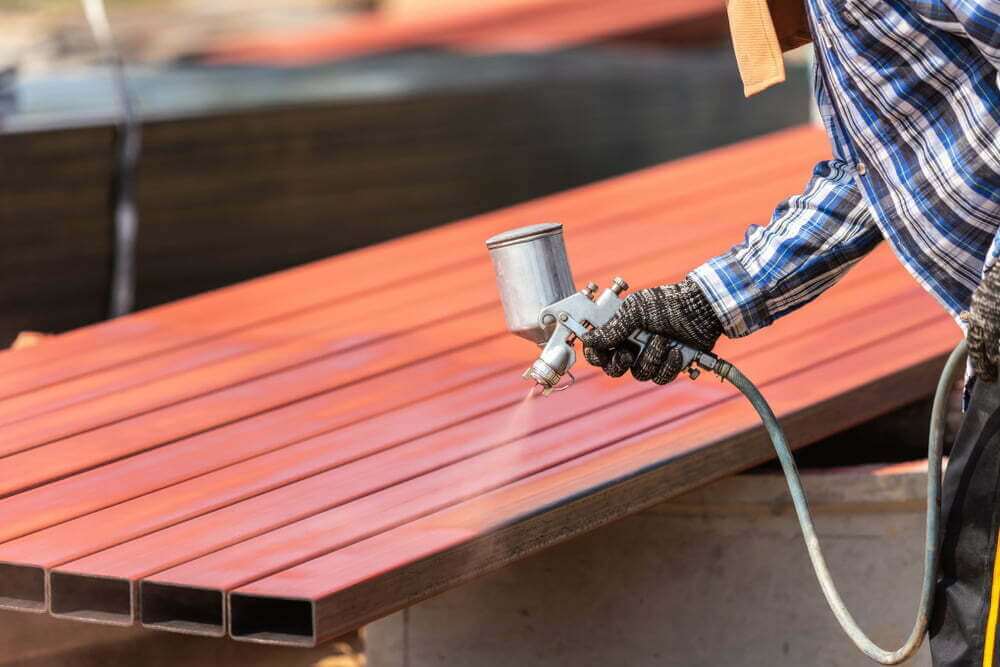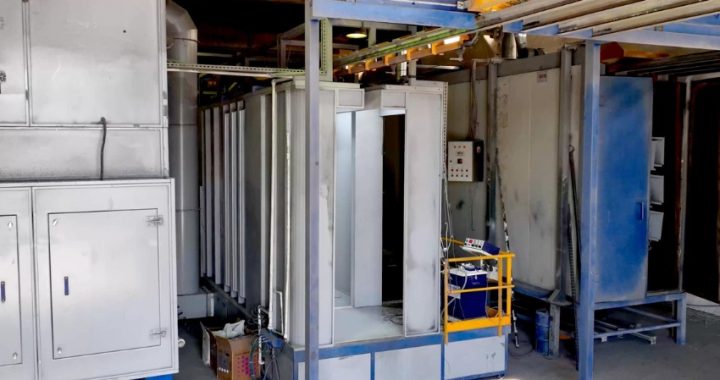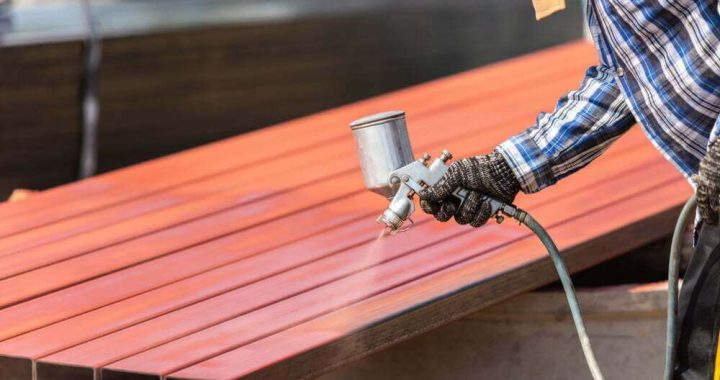Avoiding Rust: Tips for Metal Care
2 min read
Last Updated on February 19, 2025 by MrHudson
Introduction
Metal surfaces can be vulnerable to rust, a common problem that affects everything from household items to industrial machinery. Understanding how to care for metal properly can extend these valuable items’ lives, ensuring they remain functional and aesthetically pleasing. This article explores practical strategies for avoiding rust and maintaining metal integrity. Professional services can provide essential maintenance and restoration for residents seeking metal refinishing NYC to keep metal surfaces looking their best.
Understanding Rust
Rust is a form of corrosion that occurs when iron reacts with oxygen and moisture, producing iron oxide. This process weakens the metal, resulting in structural damage and a tarnished appearance. By understanding the conditions that promote rust, such as high humidity or prolonged exposure to water, owners can take steps to prevent it.
Basic Metal Care Techniques
Proper mental care begins with routine maintenance. Regularly inspecting metal items for signs of rust or corrosion is an essential first step. Keeping surfaces clean and dry is vital, as moisture is a primary catalyst of rust. Additionally, protective coatings, such as paint or sealants, provide an extra defense against environmental factors contributing to rust.
Preventive Measures Against Rust
Preemptive steps are crucial in fighting rust. Using rust-resistant metals like stainless steel or applying rust-inhibiting primers can significantly reduce the risk of corrosion. Furthermore, environmental control, such as dehumidifiers, helps maintain low humidity levels, particularly in storage areas. For tools and machinery, regular lubrication prevents moisture from settling on metal surfaces, adding another layer of protection. Storing metal objects in dry, ventilated areas significantly reduces rust risks, particularly in high-humidity areas. Techniques like galvanization, where a protective zinc coating is applied, offer excellent corrosion resistance, especially in harsh environments.
Effective Cleaning Methods
When rust does appear, timely removal is crucial to prevent further damage. Mild cleaners or specialized rust removers can be used for this purpose. Homemade solutions, such as vinegar or baking soda, serve as gentle yet effective rust removers. Following cleaning with thorough drying and applying a protective coating to safeguard against future rust formation is essential. Investing in professional rust cleaning services can be worthwhile for larger metal items. These services use advanced techniques to remove rust and restore the metal finish, ensuring longer-lasting protection than DIY methods.
Conclusion
Understanding the causes of rust and implementing consistent care and preventive measures can preserve metal items long-term. A routine of inspection, cleaning, and environmental management can ensure that metal surfaces remain resilient and intact against the threat of corrosion. Proper care practices prolong metal’s longevity and preserve its functional and visual appeal.






